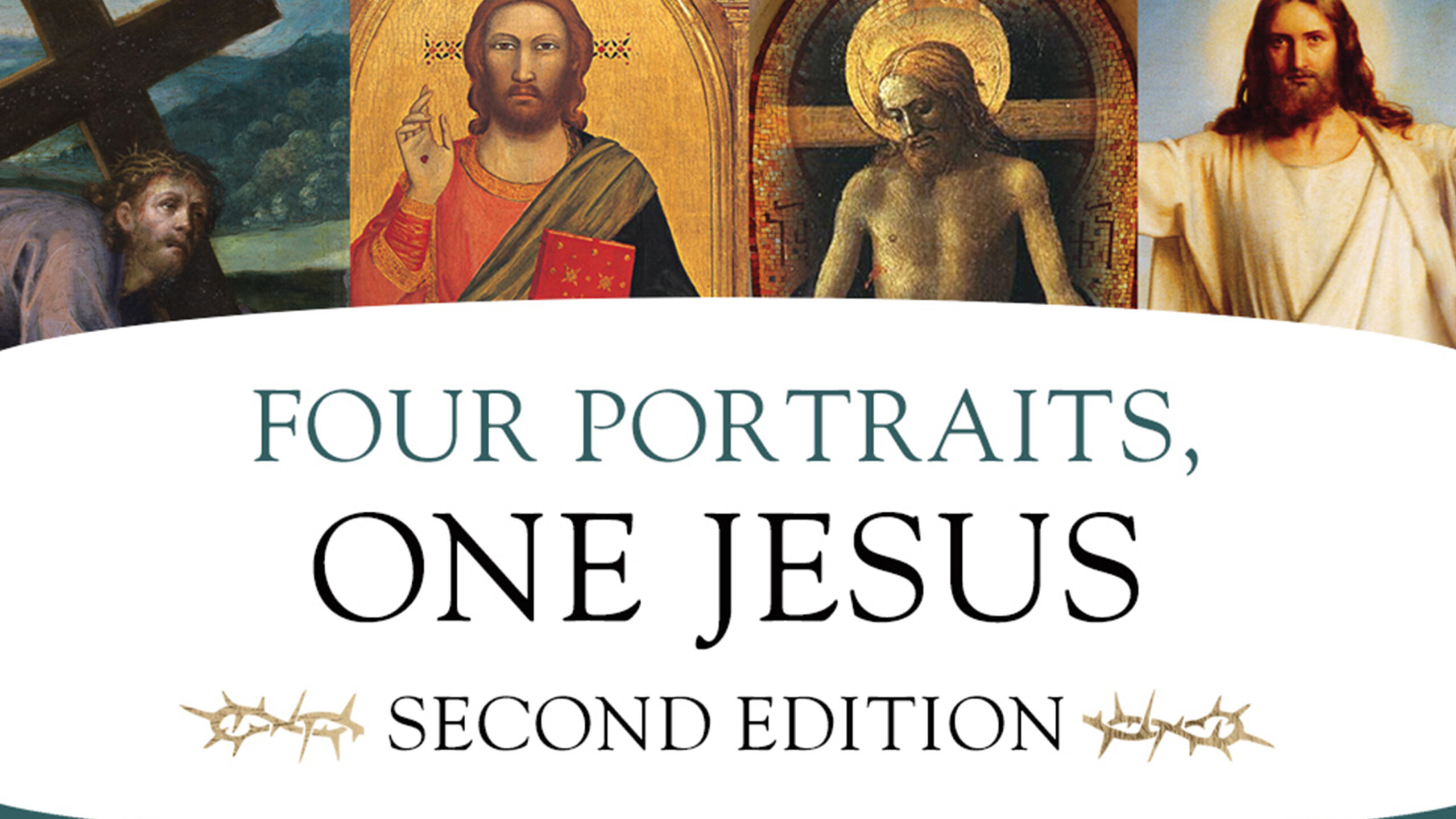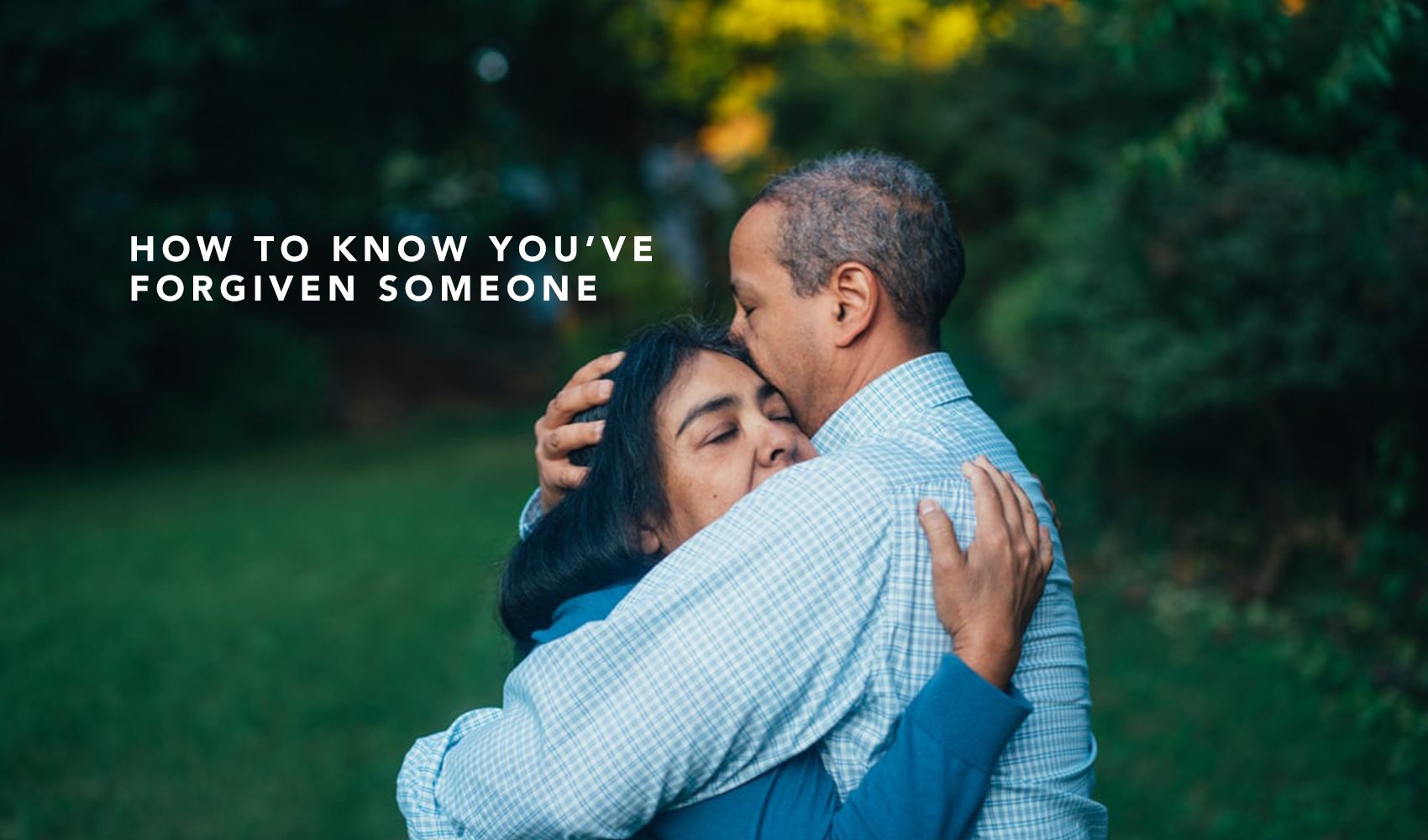I’m super excited to share my first self-published bible study though the book of Philippians, Developing Joy. I originally wrote this Bible study for our church small groups, and decided more people could benefit from this resource.
Along those lines, I thought, Why stop there? So I started looking over recent sermon series I’ve taught that would make sense in a small group or personal devotional context. I recently preached an 8-week series through Jesus’ Sermon on the Mount (Matthew 5-7) and thought, Well that makes sense too. I’m now over halfway done with converting that entire series into a second Bible study as well. So with humility and sincere gratitude for all the opportunities I’ve been given to speak, teach, and share God’s Word over the years, I’m pleased to be offering Markum’s Bible Studies. I have much more in my heart to offer, and I look forward to sharing my perspective and insights of the Word of God with everyone willing to grow and learn with me.
Future studies you can anticipate will include each of the Gospels, Genesis, the Old Testament history of Israel, Ephesians, 1 John, various Psalms, and much more.
I don’t take for granted the thought that anyone would care to listen to anything I have to say or write. Honestly, I’m still blown away that I get to preach, and write to anyone. So I’m grateful to share a little more of what’s in my heart through these studies. God’s Word continues to shape my life and reveals more and more to me over the years I’ve committed studying it. I hope you’ll allow it to shape you also.
Blessings,
Pastor John




